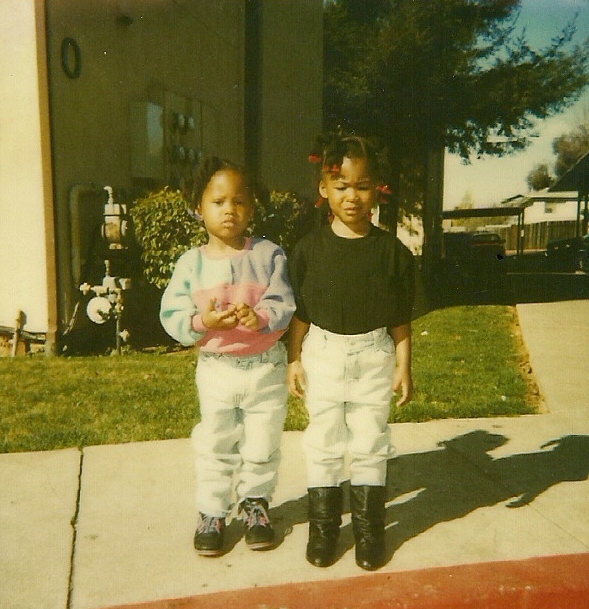From Therapy to Liberation: Unpacking Trauma, Identity, and Workplace Harm
Wow—what a conversation.
If you joined us for the recent video event, thank you for showing up with your curiosity, openness, and your full selves. And if you missed it—don’t worry, the recording is available and I highly recommend carving out some time to sit with it.
We set out to talk about trauma-informed, culturally responsive therapy—but like many meaningful conversations, it evolved into something even deeper. What emerged was a rich, layered dialogue about workplace harm and exploitation, identity, trauma, and the deep importance of staying connected to your body—all held through a lens of systemic oppression.
We Talked About the Things People Don’t Say Out Loud
So much of therapy today still treats people as isolated individuals with isolated problems. But we are not isolated. We are living in systems that shape how we move, breathe, and relate to ourselves and others. We carry our histories in our bodies—intergenerational trauma, cultural expectations, capitalism-induced burnout, and the constant push to perform rather than be.
We explored how:
Trauma doesn’t happen in a vacuum—it’s relational, cultural, systemic.
Workplace “wellness” is often performative, masking deeper harm and exploitation, especially for those navigating marginalized identities.
Identity isn’t a checkbox—it’s a living, breathing experience that informs how we respond to power, belonging, and safety.
Therapy as a Place to Decondition & Reclaim
I shared a bit about my journey—why I started Mood & Mind Therapy, and how my work with clients has shown me just how deeply misunderstood and pathologized many people are. Not because they’re broken—but because they’ve never been contextualized.
Through my work in inpatient, residential, IOP/PHP, and outpatient care, I’ve seen how quickly systems label someone without asking what happened to them, or considering cultural, socioeconomic, and generational context. I bring in tools like DBT, EMDR, brainspotting, IFS-informed therapy, and somatic experiencing—not to “fix” people, but to help them come home to themselves.
Therapy, in my view, is about deconditioning. It's about recognizing what parts of you were shaped for survival, and deciding what you want to keep, what you want to unlearn, and who you want to become. It’s about getting grounded—in your body, in your truth, in your resistance.
Embodiment as Resistance
One of the most powerful parts of the conversation was naming how disembodiment is a trauma response—especially for folks who’ve had to navigate racism, ableism, classism, ageism, patriarchy, and family systems that demanded performance over authenticity.
To be in your body, to feel your feelings, to rest, to say no—these are radical acts. And they’re necessary ones.
If this resonates, I invite you to watch the full video and sit with it slowly. Let it move through you.
And if you’re on your own journey of unlearning, grounding, or finding language for what you’ve been carrying—I see you. You’re not alone, and you don’t have to do it alone.


Comments
Post a Comment